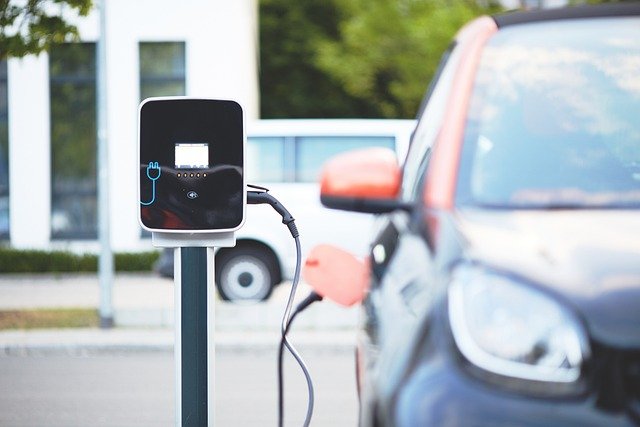India’s Electric Cars: A New Era of Clean and Smart Mobility
India's automotive landscape is undergoing a revolutionary transformation with electric vehicles (EVs) emerging as a promising solution to environmental challenges and transportation needs. As urban centers grapple with pollution and energy sustainability, electric cars are rapidly becoming more than just an alternative – they're becoming a necessity for modern Indian mobility.

Why Are Electric Cars Gaining Momentum in India?
The shift towards electric vehicles in India is driven by multiple compelling factors. Environmental concerns, rising fuel costs, and government initiatives have created a perfect ecosystem for EV adoption. The National Electric Mobility Mission Plan has been instrumental in promoting electric vehicle infrastructure and providing incentives for manufacturers and consumers alike.
Key drivers include reduced operating costs, lower carbon emissions, and technological advancements that are making electric cars more accessible and practical for Indian consumers. State governments are offering substantial subsidies and tax benefits, making electric cars increasingly attractive for urban and rural populations.
Design and Innovation: Engineered for Indian Roads
Indian automotive manufacturers are developing electric cars specifically tailored to local road conditions and consumer preferences. Companies like Tata Motors and Mahindra Electric have created vehicles that address unique challenges such as varied terrain, temperature ranges, and infrastructure limitations.
These locally designed electric cars feature robust battery management systems, improved ground clearance, and enhanced thermal management to withstand India’s diverse driving conditions. The focus is on creating vehicles that are not just environmentally friendly but also practical and reliable for daily use.
Leading Brands Shaping the Indian EV Market
Several prominent brands are driving the electric vehicle revolution in India. Tata Nexon EV, MG ZS EV, and Mahindra eVerito have emerged as popular choices among Indian consumers. Each brand brings unique features and technological innovations to the market, providing consumers with diverse options.
| Brand | Model | Range | Starting Price (Approx.) |
|---|---|---|---|
| Tata | Nexon EV | 312 km | ₹14-17 Lakhs |
| MG | ZS EV | 419 km | ₹21-25 Lakhs |
| Mahindra | eVerito | 181 km | ₹9-11 Lakhs |
Prices, rates, or cost estimates mentioned in this article are based on the latest available information but may change over time. Independent research is advised before making financial decisions.
The Future of Electric Cars in India
The future of electric vehicles in India looks promising, with projections indicating significant growth in the coming decade. Government policies, technological improvements, and increasing environmental awareness are expected to drive widespread EV adoption.
Investments in charging infrastructure, battery technology, and renewable energy are crucial for supporting this transition. Major cities are already developing extensive charging networks, making electric cars more viable for everyday use.
Finding Your Electric Car in India
When considering an electric car, potential buyers should evaluate factors like driving range, charging infrastructure, maintenance costs, and personal driving requirements. Many dealerships and online platforms now offer comprehensive information and test drive opportunities for electric vehicles.
Consumers are advised to research specific models, understand local charging capabilities, and consider long-term cost benefits when making their electric vehicle purchase decision.
The electric car revolution in India represents more than a technological shift – it’s a comprehensive approach to sustainable, efficient, and smart mobility. As infrastructure improves and technology advances, electric vehicles are set to redefine transportation in the country.




